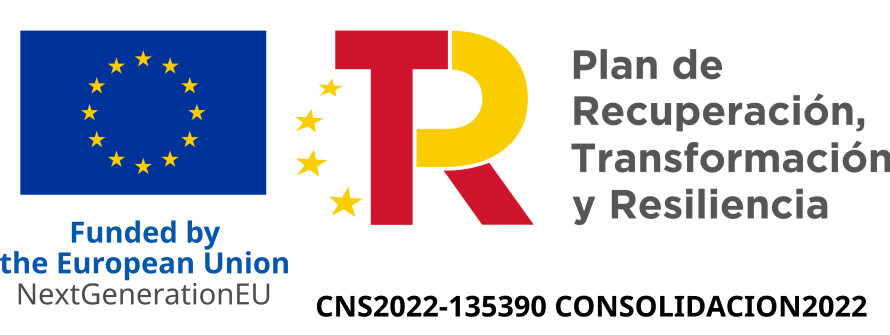Trapped Submanifolds in the De Sitter Spacetime
Verónica López Cánovas Universidad de Murcia
The concept of trapped surfaces was originally formulated by Penrose for the case of 2-dimensional spacelike surfaces in 4-dimensional spacetimes in terms of the signs or the vanishing of the so-called null expansions. This is obviously related to the causal orientation of the mean curvature vector of the surface, which provides a better and powerful characterization of the trapped surfaces and allows the generalization of this concept to codimension two spacelike submanifolds of arbitrary dimension n. In this sense, an n-dimensional spacelike submanifold \(\Sigma\) of an (n + 2)-dimensional spacetime is said to be future trapped if its mean curvature vector field \(\vec{H}\) is timelike and future-pointing everywhere on \(\Sigma\), and similarly for past trapped. If \(\vec{H}\) is lightlike (or null) and future-pointing everywhere on \(\Sigma\) then the submanifold is said to be marginally future trapped, and similarly for marginally past trapped. Finally, if \(\vec{H}\) is causal and future-pointing everywhere, the submanifold is said to be weakly future trapped, and similarly for weakly past trapped. The extreme case \(\vec{H} = 0\) on \(\Sigma\) corresponds to a minimal submanifold. In this lecture we consider codimension two compact marginally trapped submanifolds in the light cone of de Sitter space. In particular, we show that they are conformally diffeomorphic to the round sphere and, as an application of the solution of the Yamabe problem on the round sphere, we derive a classification result for such submanifolds. We also fully describe the codimension two compact marginally trapped submanifolds contained into the past infinite of the steady state space. This is part of our work in progress with Luis J. Alías (Univ. Murcia) and Marco Rigoli (Univ. Milano).





